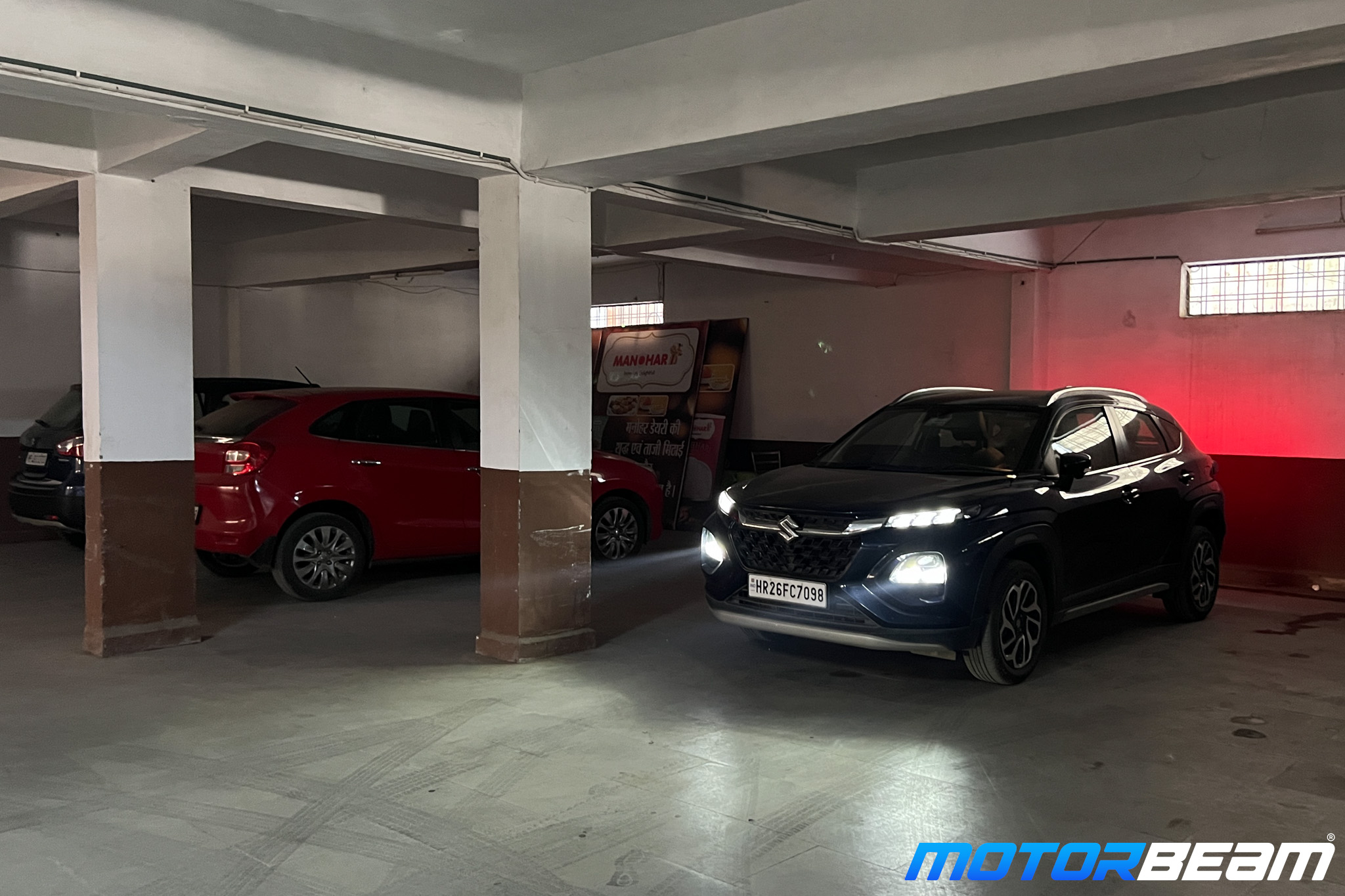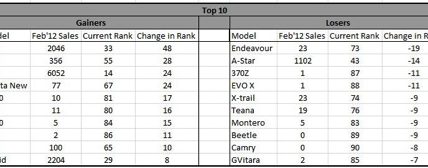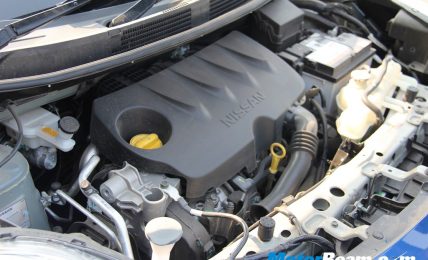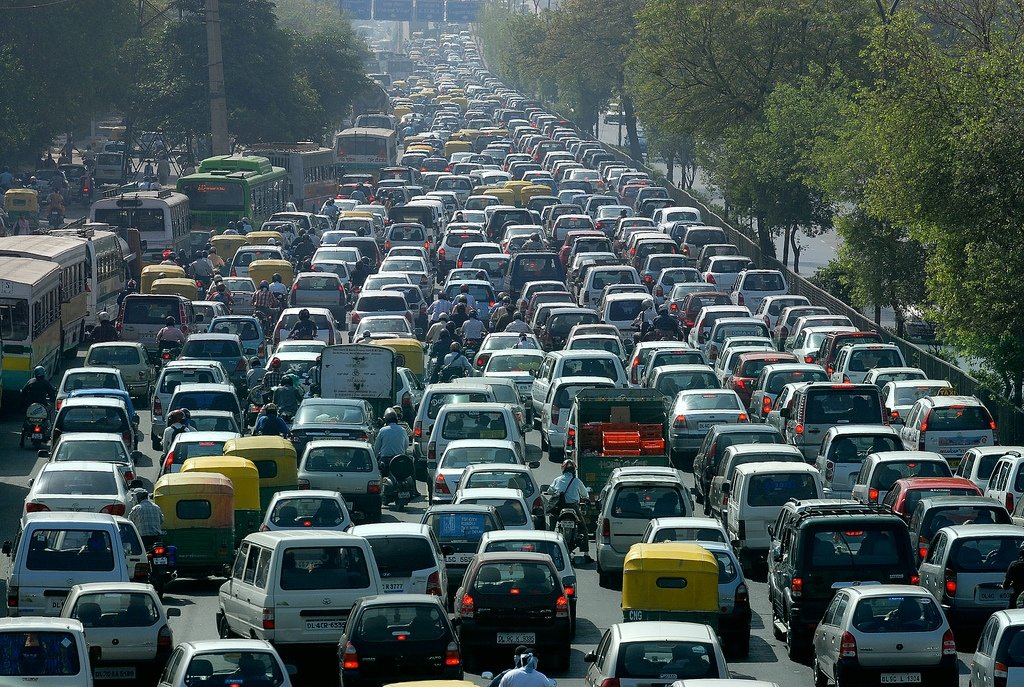
NDMC to double parking charges in Delhi to encourage public transport
In a move aimed at curbing rising pollution levels in Delhi as winter approaches, the New Delhi Municipal Corporation (NDMC) is set to double parking charges across the capital. This decision, according to a senior NDMC official, is intended to encourage the use of public transportation and reduce the number of private vehicles on the roads. The revised rates are expected to be announced soon and will apply to both two-wheelers and four-wheelers.
Current Parking Charges
At present, parking charges for four-wheelers in surface parking lots are set at Rs. 20 per hour, with a daily cap of Rs. 100. Two-wheelers are charged Rs. 10 per hour. In multi-level parking facilities, four-wheelers are charged Rs. 10 for up to four hours, while two-wheelers pay Rs. 5. With the proposed hike, these rates are expected to double, reflecting a significant increase in the cost of parking across the capital.
This hike is initially being rolled out in Lutyens’ Delhi, with other regions expected to follow soon. The NDMC is leading this initiative, although the Municipal Corporation of Delhi (MCD), which oversees most of the city’s parking lots, has not yet implemented similar changes. The MCD’s proposal for a parking fee increase is still pending approval.
Response to Pollution Levels
This measure comes as Delhi’s air quality has recently dropped into the “very poor” category, with the city engulfed in smog. In response, the government has activated Stage II of the Graded Response Action Plan (GRAP), which includes restrictions on the use of coal and firewood in public eateries and a ban on diesel generators, except for essential services.
Parking fee hikes were introduced under similar circumstances last year, as part of GRAP’s efforts to combat pollution following a sharp decline in air quality in October. The NDMC hopes that this strategy will once again help reduce traffic congestion and pollution levels, encouraging more residents to opt for public transport over private vehicles.
Broader Implications
The decision to double parking fees is part of a larger set of measures aimed at mitigating pollution in the city during the winter months when smog levels typically rise due to a combination of vehicular emissions, industrial activities and unfavourable weather conditions. While environmentalists have lauded the move, citing its potential to discourage car usage, some residents may find the increase burdensome, particularly in areas where public transportation options are limited.
As the capital braces for the full onset of winter, further steps may be taken to tackle pollution, especially if air quality continues to deteriorate. Whether the parking fee hike will lead to a substantial reduction in traffic and improve air quality remains to be seen.





